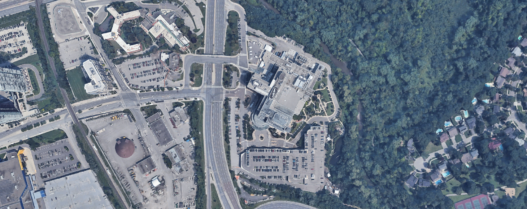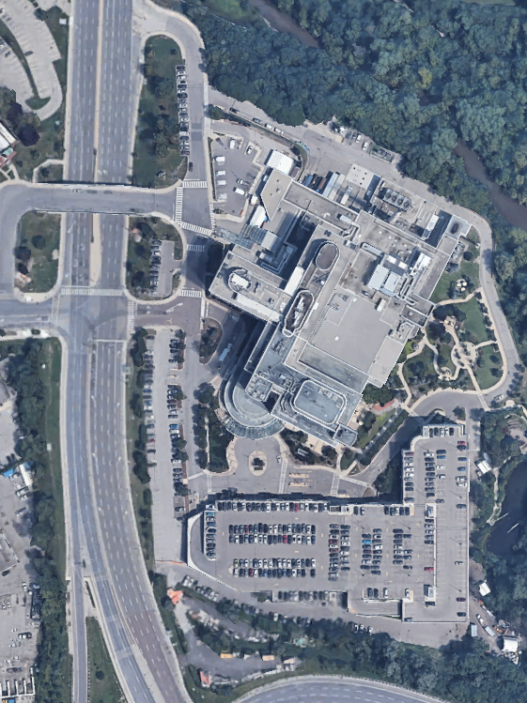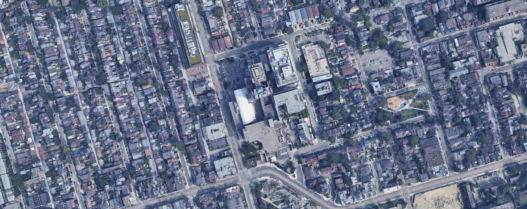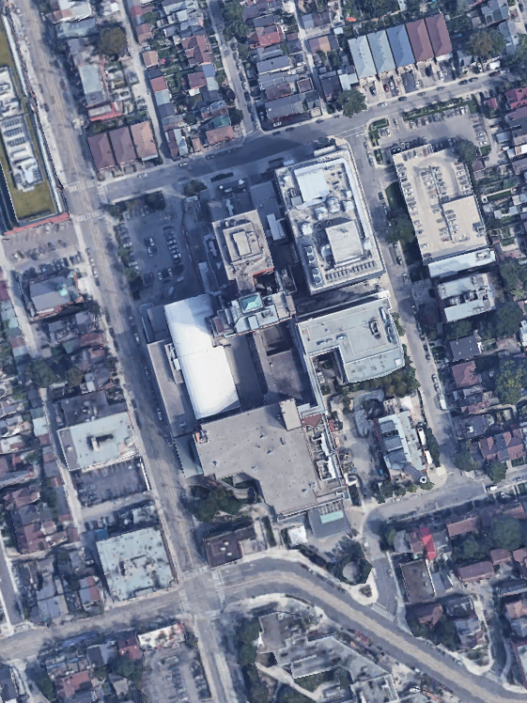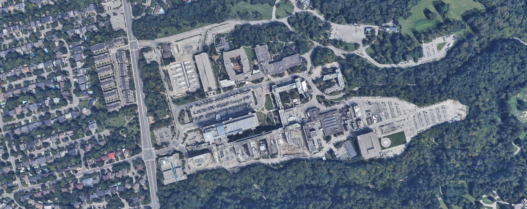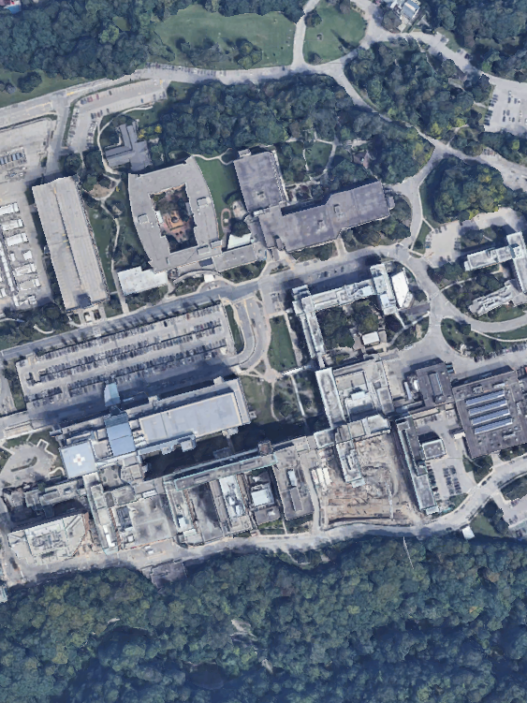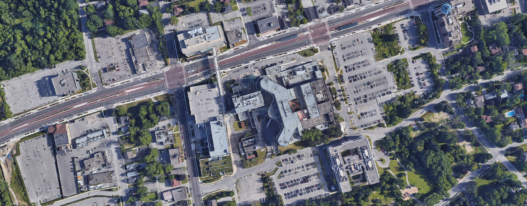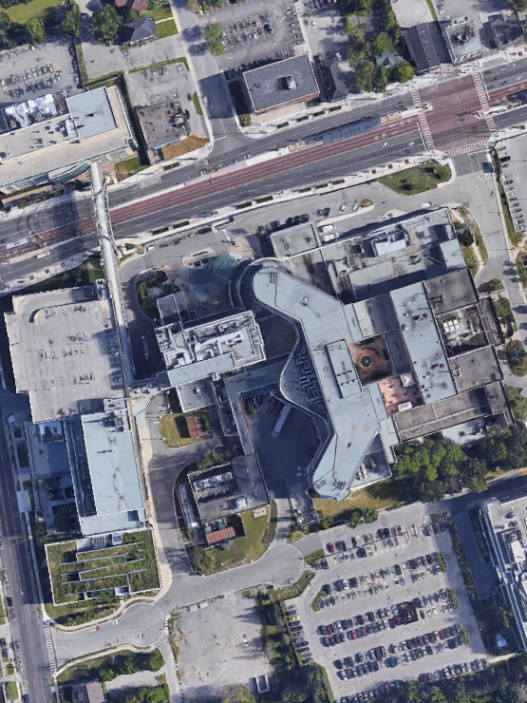Hip replacement surgery wait times can be long for British Columbia residents. Long wait times can potentially increase fall risk for seniors.
⬇️ Scroll down to compare hospitals by expected wait time. Always verify the current expected wait times with your primary care physician or referred specialist.
Hip replacement surgery is a medical procedure to replace a damaged hip joint with an artificial one. Hip replacement is common for patients suffering from severe arthritis or have sustained significant hip damage, leading to chronic pain and mobility issues.
Wait 1 is defined as the time between a patient receiving a referral from a primary care physician and their specialist consultation. Wait 2 is defined as the time between the decision to proceed with surgery and the surgery itself.
Table of Contents:
- Paying for hip replacement surgery in BC
- BC hospitals with shortest hip replacement surgery wait times
- BC hospitals with longest hip replacement surgery wait times
- Interpreting wait times & data limitations
- Advocating for better data access
Paying for hip replacement surgery in BC
In BC, the Medical Services Plan (MSP) provides coverage for hip replacement surgery for eligible residents, ensuring access to this essential medical procedure without significant out-of-pocket expenses. This coverage includes the surgical operation and hospitalization costs, although there may be additional costs for certain types of prosthetic joints or enhancements that are not covered by MSP.
BC hospitals with shortest hip replacement surgery wait times
Below are five top hospitals in British Columbia which have the shortest wait times for hip replacement surgery:
- 🥇 Vancouver General Hospital (VGH) has the shortest wait time at 2 weeks for hip replacement surgery in British Columbia
- 🥈 Dawson Creek And District Hospital, with an average wait time of 9.9 weeks, ranks second for the shortest wait time for hip replacement surgery in British Columbia
- 🥉 Chilliwack General Hospital, with an average wait time of 11.1 weeks, ranks third for the shortest wait time for hip replacement surgery in British Columbia
- Royal Columbian Hospital, with an average wait time of 12.3 weeks, ranks fourth for the shortest wait time for hip replacement surgery in British Columbia
- Kootenay Boundary Regional Hospital, with an average wait time of 12.6 weeks, ranks fifth for the shortest wait time for hip replacement surgery in British Columbia.
BC hospitals with longest hip replacement surgery wait times
Below are five top hospitals in British Columbia which have the longest wait times for hip replacement surgery:
- 🐌 University Hospital of Northern British Columbia has the longest wait time at 67.7 weeks for hip replacement surgery in British Columbia
- 🐢 Vernon Jubilee Hospital, with an average wait time of 48.9 weeks, ranks second for the longest wait time for hip replacement surgery in British Columbia
- 🦥 Surrey Memorial Hospital, with an average wait time of 38.9 weeks, ranks third for the longest wait time for hip replacement surgery in British Columbia
- North Island Hospital Comox Valley, with an average wait time of 32.1 weeks, ranks fourth for the longest wait time for hip replacement surgery in British Columbia
- Burnaby Hospital, with an average wait time of 30.6 weeks, ranks fifth for the longest wait time for hip replacement surgery in British Columbia.
Interpreting wait times & data limitations
Several factors can extend the average wait times for surgery in British Columbia. Clinical considerations often lead doctors to delay surgeries based on a patient’s medical needs or other priorities. Additionally, patients may postpone their procedures due to personal reasons like scheduling conflicts, financial constraints, or a preference to delay treatment. The availability of hospital operating rooms also plays a critical role. These spaces are necessary for surgeries but can be scarce if occupied for other medical procedures or impacted by labor shortages. Seasonal variations further influence both room availability and staffing levels, potentially prolonging wait times during certain periods.
Conversely, average wait times can sometimes seem shorter than anticipated due to various factors. Some patients have flexible schedules, allowing them to fill slots that become available unexpectedly, thus shortening their wait. This adaptability, when averaged with others, can make overall wait times appear more favorable. Seasonality affects this dynamic as well, with certain times of the year experiencing lower demand for surgeries or increased temporary staffing, which can enhance room availability and reduce delays.
Advocating for better data access
We are thankful for the Province of British Columbia’s efforts in providing hospital wait times for surgeries. British Columbia stands out globally for its transparency in reporting hospital wait times and covers a wide array of medical procedures.
We encourage the Province of British Columbia to expand its data reporting to include longitudinal data by hospital, as seen in Ontario, Alberta, Manitoba, and Nova Scotia. This information would greatly benefit patients by enabling visibility over time.
Readers can consider reaching out to the Province of British Columbia to advocate for this beneficial change.
Learn wait times for common medical procedures in British Columbia:








